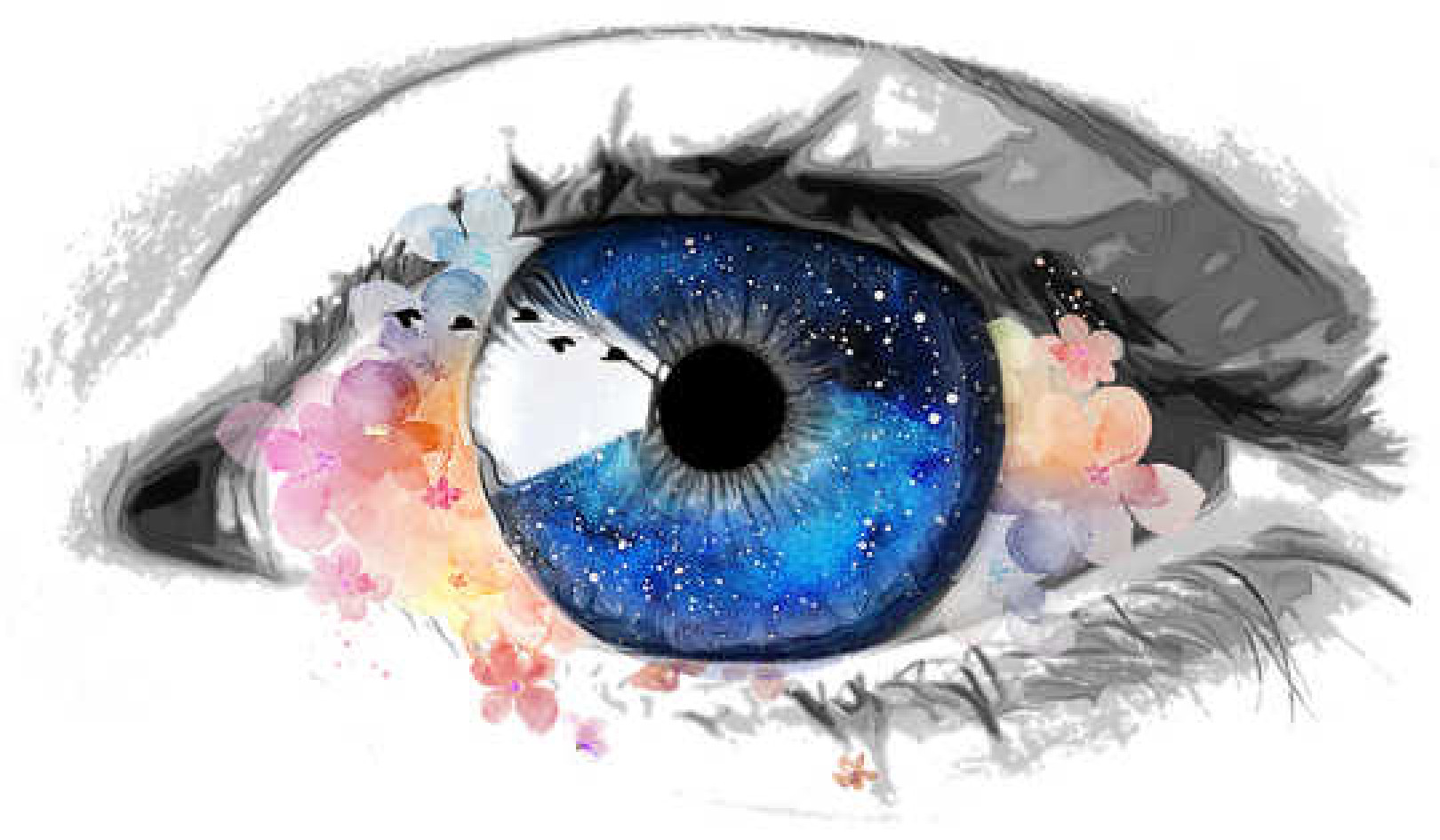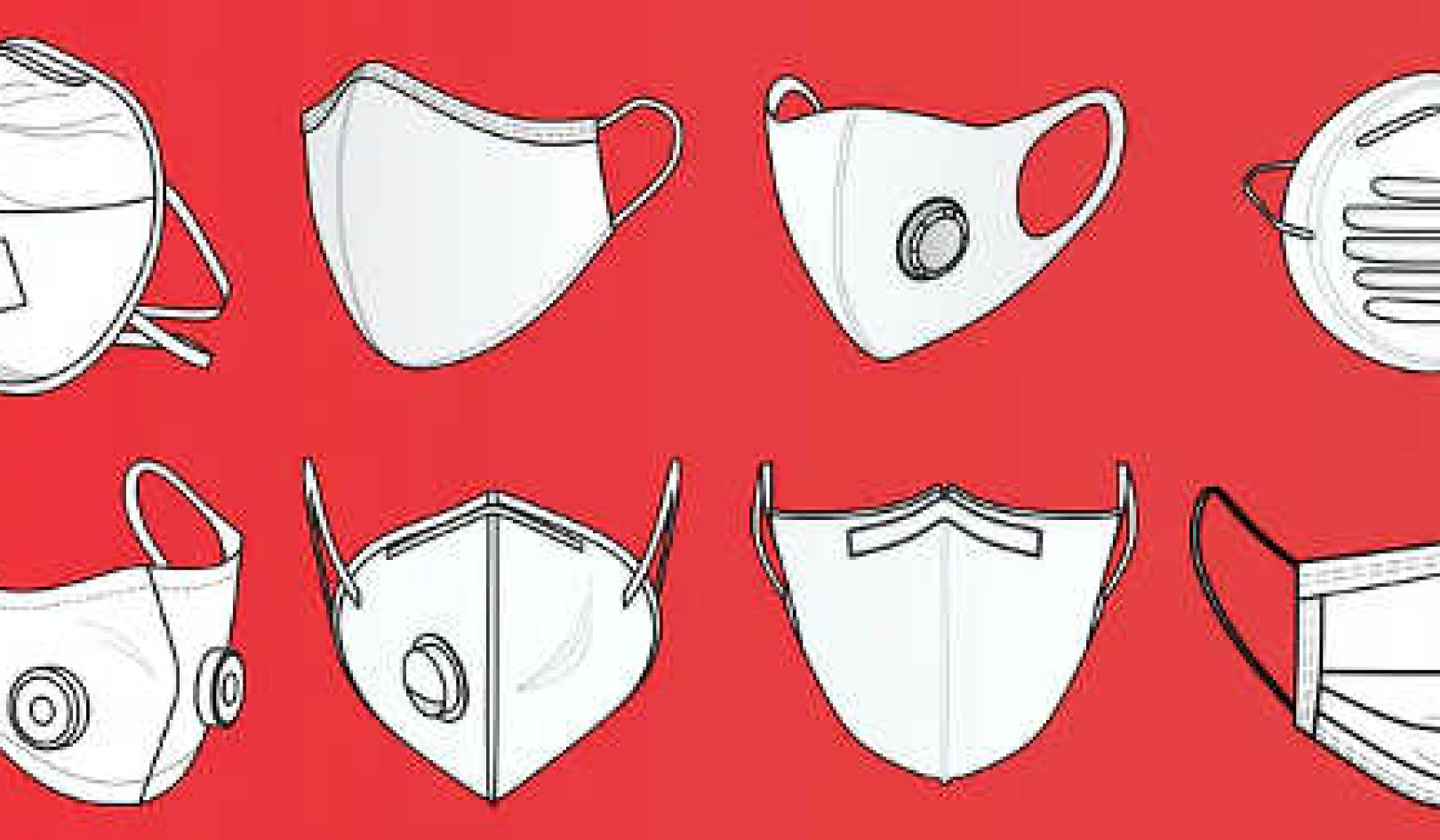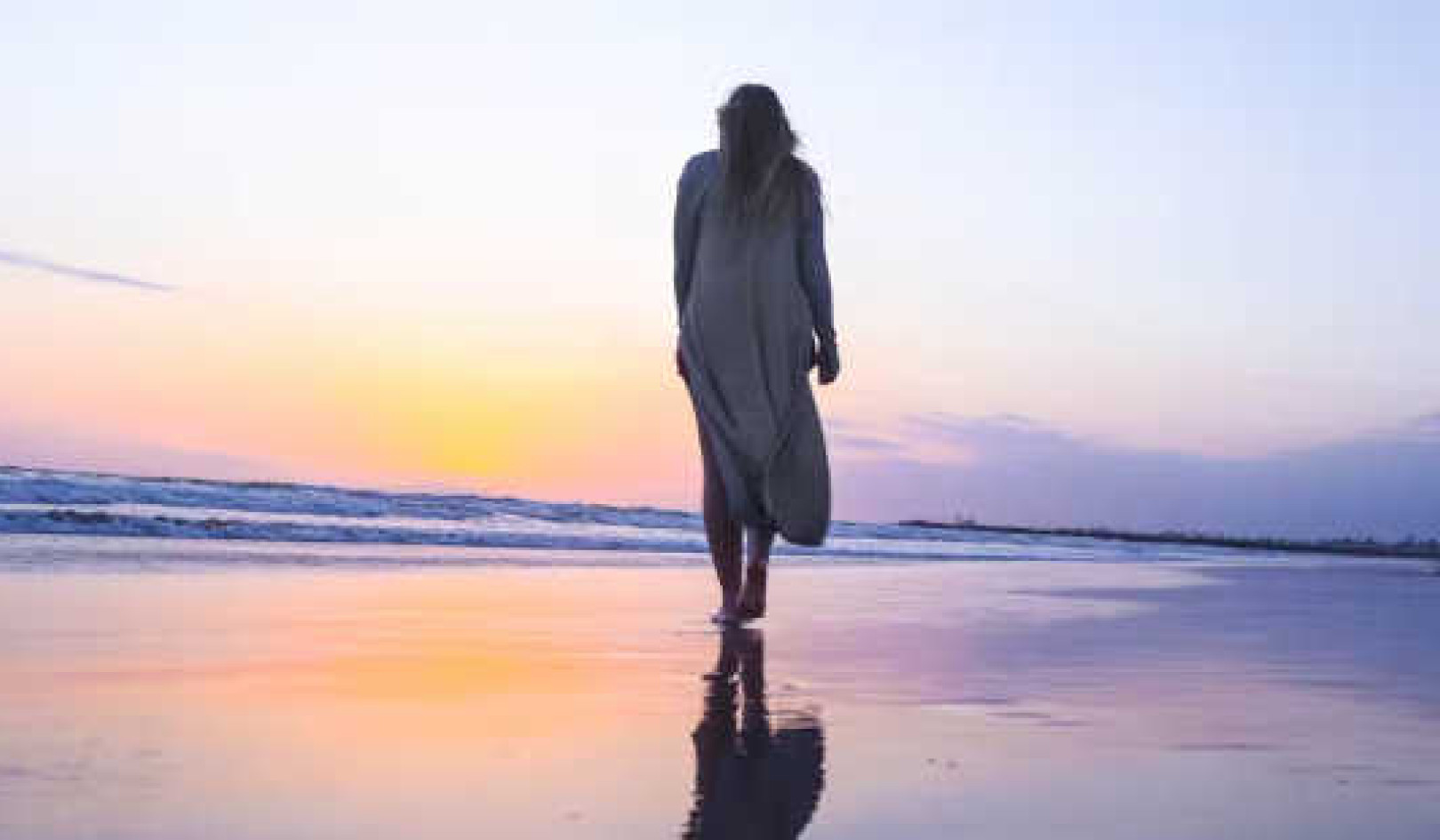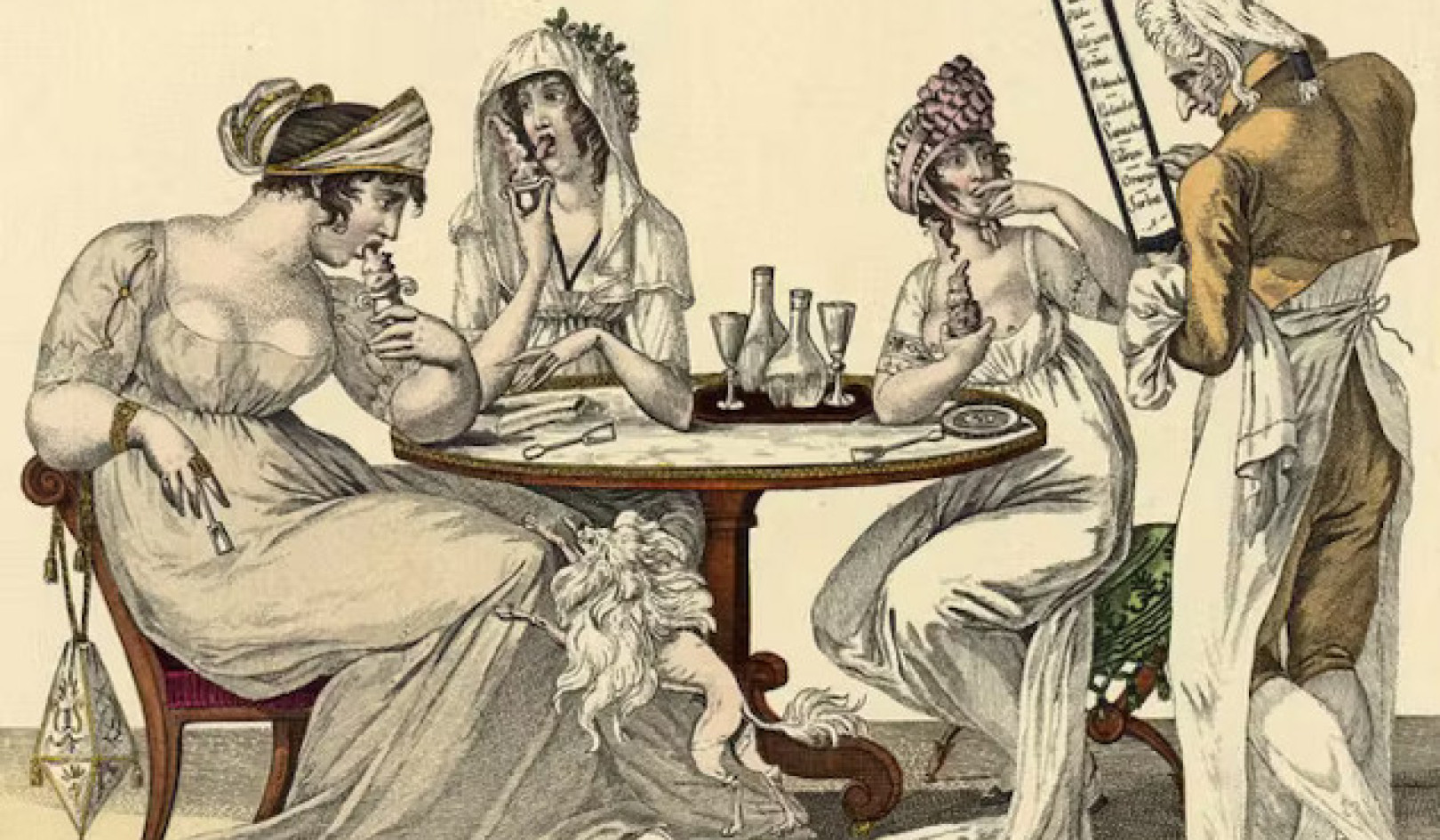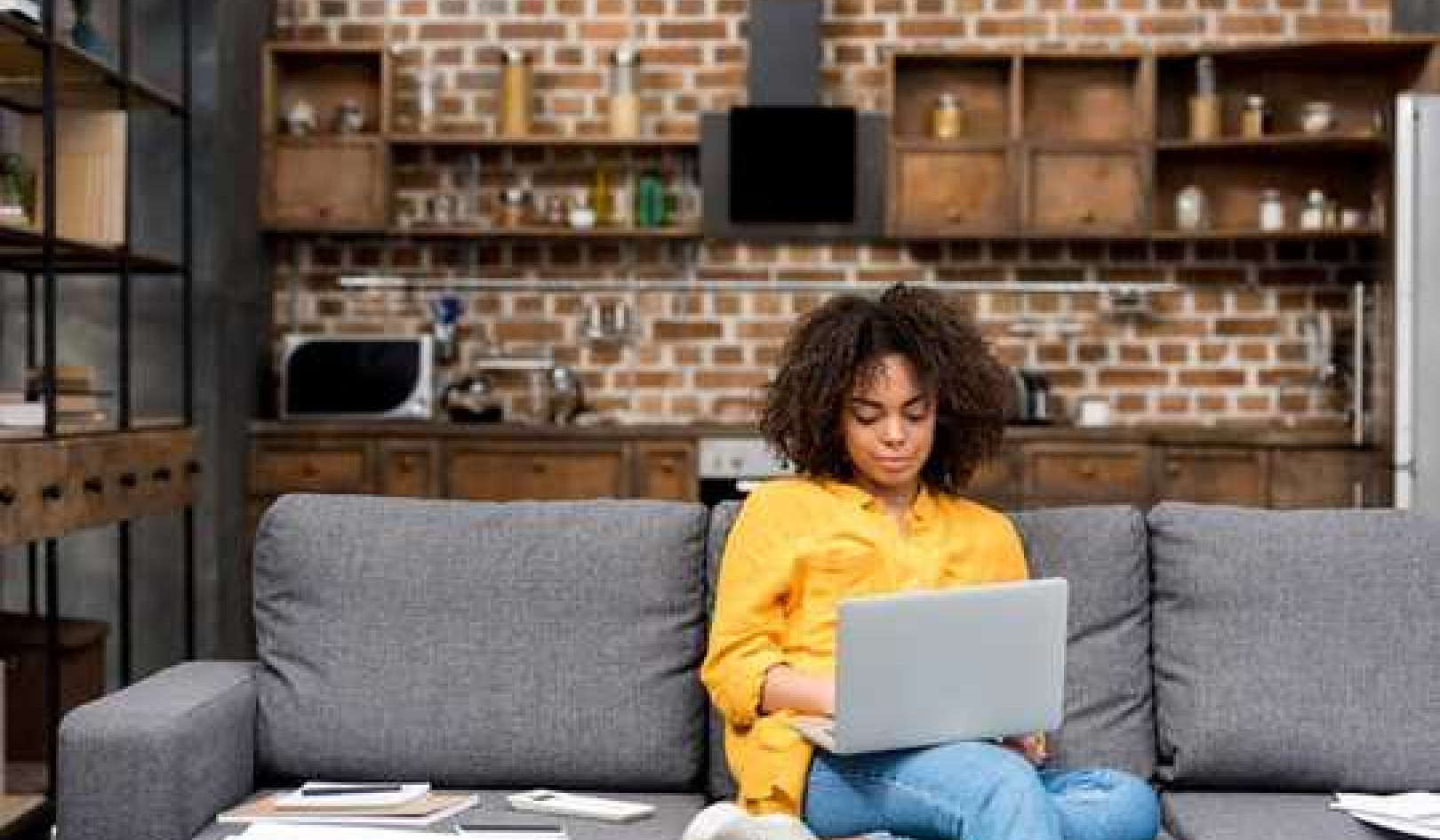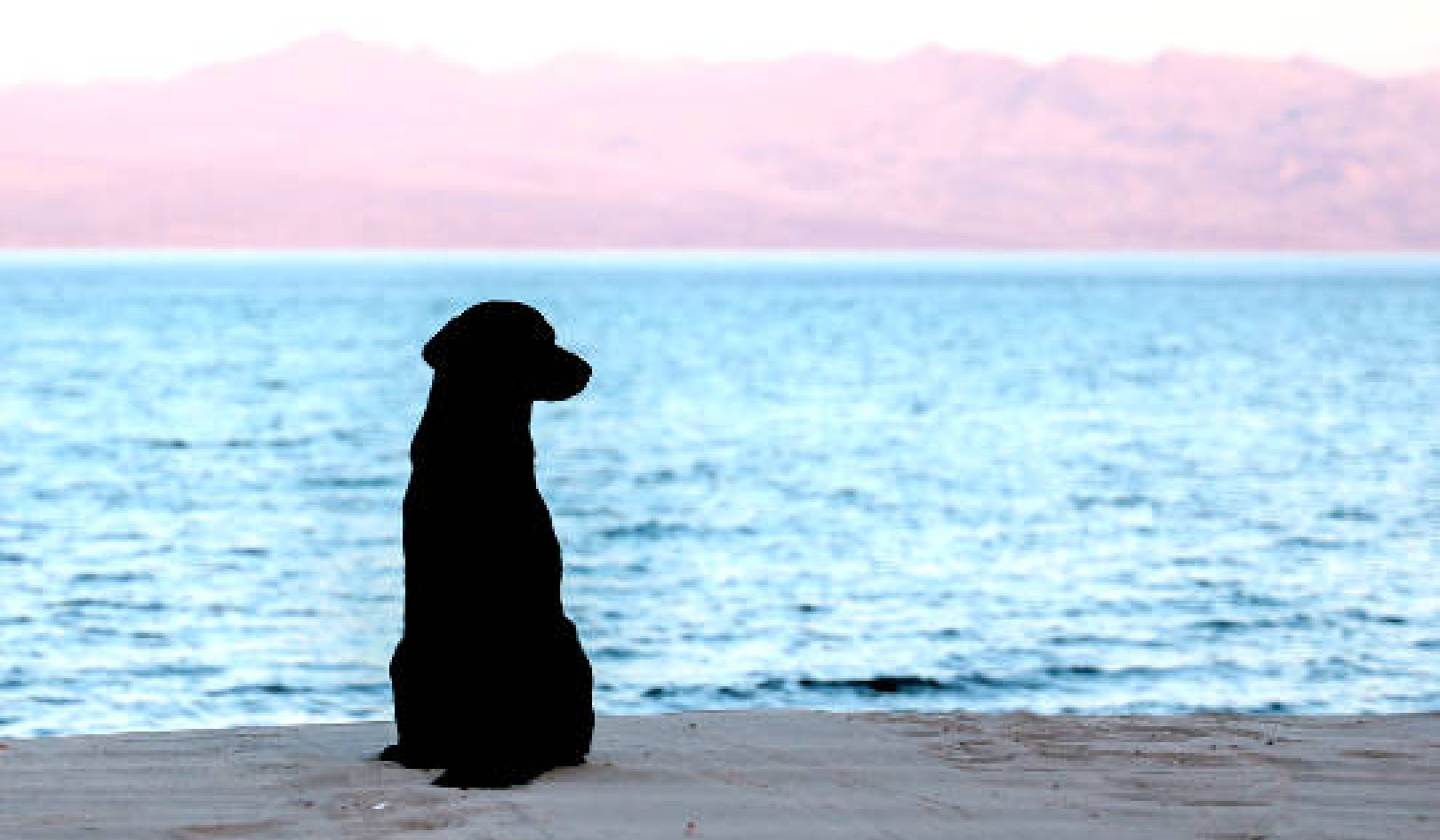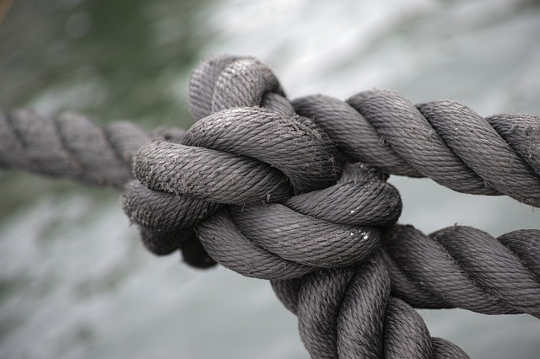
By facing pain, listening to it, and allowing it the room it was demanding anyway, my body began to relax a bit around the pain. I stopped clenching quite so much, I stopped saying no, no, no, and I began to accept.
I learned that constantly saying no to pain locks things in place. Relaxing into acceptance allows the possibility for the body to regenerate.
I had to learn to stop being so hard on myself. I let go of needing to be the perfect patient. I stopped trying to live up to anyone’s timetable for healing and recovery of health, including my own.
The Gifts That Pain Brings
After having been in pain for so many years, I am convinced that pain brings many unforeseen and unacknowledged gifts with it.
Most of these gifts were unwelcome at the time, but looking back, I can see what I’ve learned from the experience of living with pain.
I found that there really was no positive way to live with pain without drastically changing my lifestyle, my attitudes, and my perceptions. These lifestyle changes and realizations were forced on me by pain; I never would have chosen this path, and pain is a very unforgiving mentor. I am, nevertheless, grateful for everything I learned.
I would have wished to have gotten to these understandings differently, but this was simply not the way it happened. Perhaps life was trying to give me these realizations in other ways for a long time before I was injured, and I was too stubborn to make the changes necessary in order to receive them.
I might not have changed in these ways otherwise, but now that I’ve had to in order to cope with pain, I realize they are all valuable lessons and approaches to life that are positive and healing on multiple levels.
Slowing Way Down
One of the gifts pain brought me was that I had to slow way, way down and move only at the speed that worked for my body, not at the speed that worked for my former lifestyle. I had to become what I think of as very Zen.
Pain forced me to operate in a completely different rhythm than I was used to. Life became simple, minimalist, quiet, and slow. This was a pace I normally found boring and unproductive, but slowing down taught me how to tune in to my body and its natural rhythms.
It also taught me to appreciate what is right in front of me, to enjoy what is available to me, instead of chasing after something else (mostly because I couldn’t).
I found that life is richer when you slow down and take each thing as it comes.
Honoring the Present Path
Another gift from pain was learning to live much more in the present. Whether we like what is happening in the present moment or not, pain forces us to be there while we are feeling it. In that way, it is a very difficult teacher.
We are brought right slam-bang into the center of now when pain is screaming its loudest. There is no outlet, no place to run and hide where you can’t feel it. It is like spiritual training on speed.
Pain teaches us to remember our bodies, to tune in to time (because it moves so slowly), and to be aware right here and now. This is beneficial because we tune in to the life we’re living.
We’re not actually ever going to be living in the future. We’re always only ever going to be living right now, so tuning in, getting present, and paying attention actually creates a richness to our life experience that is unprecedented.
At first, with pain as the mentor, it’s not all that agreeable to be in tune with the present, but we learn to find the pleasant and happy things that are available right now even when pain is there, too.
We can learn to focus on the things we want to experience more of, rather than on the negatives.
In this way, despite our vehement protests to the contrary, we find out that pain is the path. What is happening right now in the pain is our healing path.
As simple and as difficult as that.
Letting Go
Pain also taught me how to let go. It forced me to finally give up the fight. It simply refused to budge until I had made an inner movement in attitude from someone who insists on making things happen ,to someone who gives up the need to control everything.
In this book, I discuss finding and making certain decisions in order to release feelings of victimization and powerlessness. This is so important for those of us who have felt as if outside systems hold more authority and influence over our lives than we do.
At the same time, as we take up responsibility for ourselves, we need to let go of the fight for absolute and complete control over how our bodies will heal and in what time frame. It’s a balance.
We want to recognize the places that we do have a say about on a daily basis: which doctors we see, what kinds of healing modalities we choose to work with, how we are going to organize our personal care, how we handle our relationships, the choices we make about work and family demands, and the ways we find to take care of ourselves emotionally.
We also need to recognize that we are working in tandem with a partner that we’re just getting to know. Pain has its own healing agenda that we can fight against or learn to honor and work within.
I learned the hard way that healing comes faster when I let go of trying to run every aspect of how my journey through pain is going to unfold. I had to learn to share the driver’s seat, in that regard.
Saying No
I also learned how to say no. I had to say no to friends often and to the things I would have liked to participate in but couldn’t.
I learned to say no to requests for my time and energy that didn’t truly honor my limitations, that would have left me feeling worse, even if the person asking was disappointed in me.
I had to learn to put my body’s needs before someone else’s need to have me be there for them. Sometimes this was difficult, but it taught me a lot about how to create healthy boundaries for myself.
Speaking Up for Myself
I had to learn to speak up for myself differently. I learned to ask for help. This is not something most of us want to have to learn.
We want to be fully independent and sovereign in our lives. These are attributes we prize, particularly in this culture. Yet, when we’re ailing, we have to learn that we can’t do it all on our own.
And the truth is, we’re never doing it all on our own. Everyone is always relying on everyone else. We just tend to forget that.
Money is our go-between, but the reality is that another person is giving us a job, another person is behind the counter at the bank, another person is packing and shipping our food, another person is teaching our children, and another person is making sure the streets are safe at night.
When I learned to ask openly for help from others, I also learned to acknowledge the existence of all the other people who were already affecting my life and contributing to it, even if I didn’t know them.
I also came to understand that each of us has a voice, and sometimes it takes feeling like we don’t have one, and struggling with that for a while, in order to find the courage and inner strength to finally find it and speak up. Speaking up for oneself, whether to ask for help or to communicate in other ways, is the first step in rediscovering a voice in the greater world. It’s the first step to self-empowerment and, ultimately, to full healing.
Being Softer with Myself and Others
When you’re fine and things are moving along in a fairly normal fashion, it’s sometimes hard to have patience with either yourself or others. We expect so much of ourselves all the time, and we also place these impossible standards on others, including our mates, siblings, and children.
Being in pain, I had to learn to take care of myself differently, to have greater gentleness toward myself and what I was going through. I also began to understand what others go through when they are dealing with illness, injury, loss, or other hardships.
Everyone, including me, is always and only doing the very best we all can with what’s in front of us and what’s inside of us. We can never know what someone else is carrying, either in terms of physical pain or in terms of emotional stress.
Having to live with less of everything — less strength, less energy, less brainpower — taught me to be kinder to myself and kinder to others. Living with pain taught me how to give myself and others more of a break.
Appreciating the Little Things
I remember sitting in my house, my body burning and aching, and noticing a ball of dust in the corner of the room. I realized that, in the past, I would have gotten up and cleaned it. Right then, that action was more than my body could handle. I glanced around the room and saw all the things I wasn’t cleaning or couldn’t keep up with.
I began to appreciate how much I had taken for granted in the past. Brushing my teeth, picking up a plate of food, or driving more than ten minutes used to seem like nothing, but these were now painful and laborious.
I realized how amazing life really is and how much I looked forward to regaining any capacity for doing these things with less pain and more mobility. I remembered how I may have complained in the past about having to do something minor that now seemed like a privilege to do. It was very humbling.
Being in pain, while I would prefer not to have had to go through it, nevertheless taught me a great deal about slowing down, being more present with life as it is right now, letting go of trying to completely control how my healing would unfold, how to say no when I really needed to, how to find my voice to speak up for myself and ask for help when appropriate, how to be softer and more forgiving toward myself and others, and how to be appreciative of the smallest things in life, which sometimes are the most precious.
©2018 by Sarah Anne Shockley
Used with permission of New World Library.
www.newworldlibrary.com
Article Source
The Pain Companion: Everyday Wisdom for Living With and Moving Beyond Chronic Pain
by Sarah Anne Shockley.
 Where do you turn when medication and medical treatments do not relieve persistent, debilitating pain? What can you do when pain interferes with work, family, and social life and you no longer feel like the person you used to be? Relying on firsthand experience with severe nerve pain, author Sarah Anne Shockley accompanies you on your journey through pain and offers compassionate, practical advice to ease difficult emotions and address lifestyle challenges.
Where do you turn when medication and medical treatments do not relieve persistent, debilitating pain? What can you do when pain interferes with work, family, and social life and you no longer feel like the person you used to be? Relying on firsthand experience with severe nerve pain, author Sarah Anne Shockley accompanies you on your journey through pain and offers compassionate, practical advice to ease difficult emotions and address lifestyle challenges.
Click here for more info and/or to order this paperback book or purchase the Kindle edition.
About the Author
 Sarah Anne Shockley is a multiple award winning producer and director of educational films, including Dancing From the Inside Out, a highly acclaimed documentary on disabled dance. She has traveled extensively for business and pleasure. She holds an MBA in International Marketing and has worked in high-tech management, as a corporate trainer, and teaching undergraduate and graduate business administration. As the result of a work related injury in the Fall of 2007, Sarah contracted Thoracic Outlet Syndrome (TOS) and has lived with debilitating nerve pain since then.
Sarah Anne Shockley is a multiple award winning producer and director of educational films, including Dancing From the Inside Out, a highly acclaimed documentary on disabled dance. She has traveled extensively for business and pleasure. She holds an MBA in International Marketing and has worked in high-tech management, as a corporate trainer, and teaching undergraduate and graduate business administration. As the result of a work related injury in the Fall of 2007, Sarah contracted Thoracic Outlet Syndrome (TOS) and has lived with debilitating nerve pain since then.
Books by this Author
at InnerSelf Market and Amazon



















